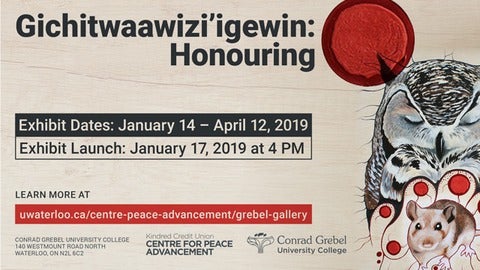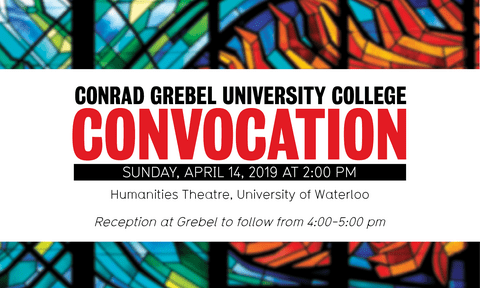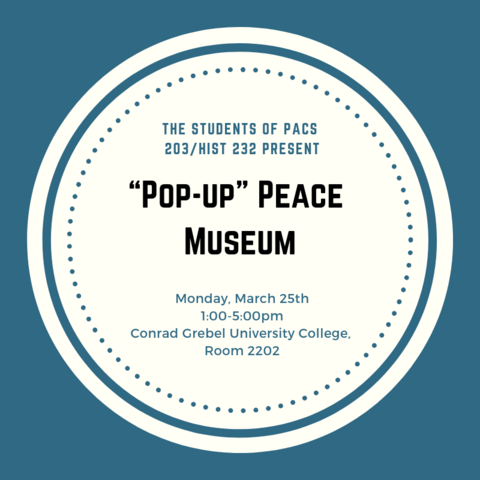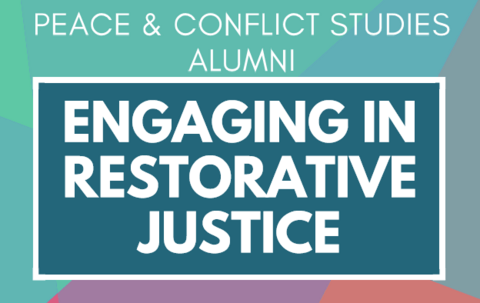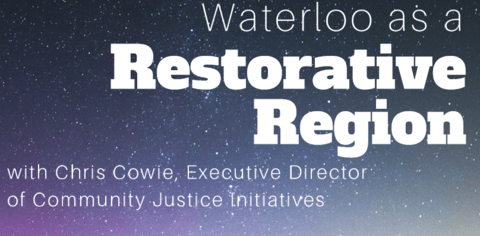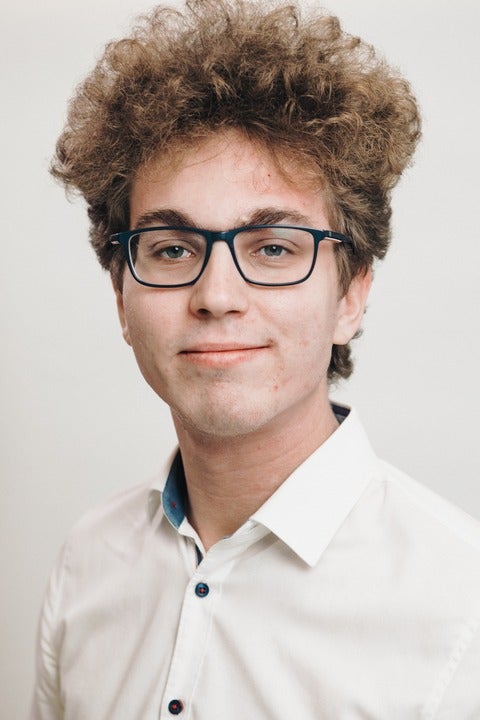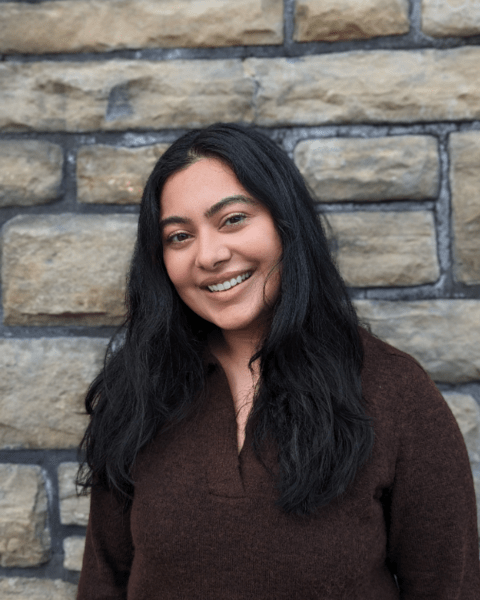“Holding space to have difficult conversations can be incredibly difficult,” said Samantha Coelho, an Advocacy and Networking Specialist at Mennonite Central Committee (MCC) Canada. “But I think having these conversations can lead to more intimate and fulfilling relationships, allow us to build empathy, and remind us to have humility about the positions we hold.”
Supporting marginalized communities, working for justice, and exploring creative approaches to addressing world issues have become a regular part of Samantha’s life, but her introduction to advocacy, justice, and peacebuilding began a decade ago during her undergraduate degree at the University of Waterloo and Conrad Grebel University College where she studied Arts and Business with a major in Peace and Conflict Studies (PACS).
